Applications of Tube Sheets in the Petroleum Industry



| Product name: | Applications of Tube Sheets in the Petroleum Industry |
| Keywords: | Applications of Tube Sheets in the Petroleum Industry |
| Industry: | Petroleum, natural gas and chemical industry - Petroleum and natural gas industry |
| Process: | Machining - Others |
| Material: | Carbon steel |
Processing manufacturer
- There are 36 manufacturers that provide similar products
- There are 193 manufacturers that provide this processing technology
- There are 105 manufacturers that provide this material processing service
- There are 179 manufacturers that provide this industry processing service
Product details
Tube sheets are mainly used in equipment such as heat exchangers, condensers, and boilers in the petroleum industry, and are one of the core components of these equipment. The following are the specific applications and functions of tube sheets in the petroleum industry:
- Applications in Heat Exchangers:
- Function: The tube sheet is a key component of the heat exchanger, used to fix the heat exchange tubes and separate the media in the shell side and tube side, ensuring efficient heat transfer between different media.
- Scenario: In the petroleum refining process, such as crude oil preheating, distillation tower condensation, catalytic cracking, and other processes, the heat exchanger realizes heat exchange between high-temperature oil and gas and cooling media through the heat exchange tubes supported by the tube sheet.
- Requirements: The tube sheet needs to withstand high temperature, high pressure, and corrosive media (such as sulfur-containing compounds), so corrosion-resistant materials such as stainless steel, nickel-based alloys, or titanium alloys are often selected.
- Role in Condensers:
- Function: The tube sheet fixes the condenser tubes, condensing gaseous hydrocarbons generated during petroleum processing into liquid.
- Scenario: In the distillation or cracking process of petrochemicals, the condenser condenses steam into liquid products such as gasoline and diesel through the tube bundle supported by the tube sheet.
- Features: The tube sheet needs to have good sealing performance to prevent leakage of media between the tube side and shell side, and also needs to be resistant to corrosion from circulating cooling water.
- Applications in Boilers and Heaters:
- Function: The tube sheet is used to fix the heating tubes of the boiler, withstand high temperature and high pressure environments, and ensure the effective transfer of heat generated by combustion.
- Scenario: In petroleum extraction and processing, boilers are used for steam flooding or heating crude oil, and the tube sheet plays a supporting and sealing role in it.
- Requirements: The tube sheet needs to have high strength, high temperature resistance, and thermal fatigue resistance.
- Corrosion Resistance and Material Selection:
- The media in the petroleum industry (such as crude oil, natural gas) often contain corrosive substances such as hydrogen sulfide and chlorides. The tube sheet needs to be made of corrosion-resistant materials and ensure a tight connection with the heat exchange tubes through precision machining (such as tube hole precision control).
- Commonly used materials include carbon steel, stainless steel, duplex steel, or special alloys. The specific choice depends on the media composition and working conditions.
- Manufacturing and Maintenance:
- Processing Technology: The manufacturing of tube sheets involves high-precision drilling, welding, and expansion processes to ensure that the connection between the tube sheet and the heat exchange tubes is firm and leak-free.
- Maintenance Challenges: In the petroleum industry, tube sheets may experience corrosion, cracks, or tube hole deformation due to long-term use, requiring regular inspection and replacement.
Previous article : The Role and Machining Process Analysis of Marine Cylinder Liners
Similar products
More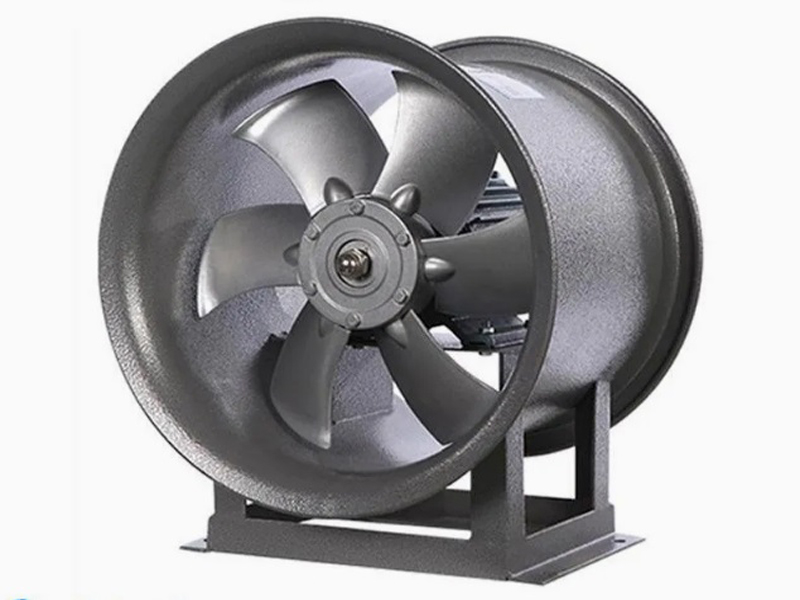
What are the machining processes used for processing axial fan housings
- Process : Sheet metal - Welding
- Material : Carbon steel
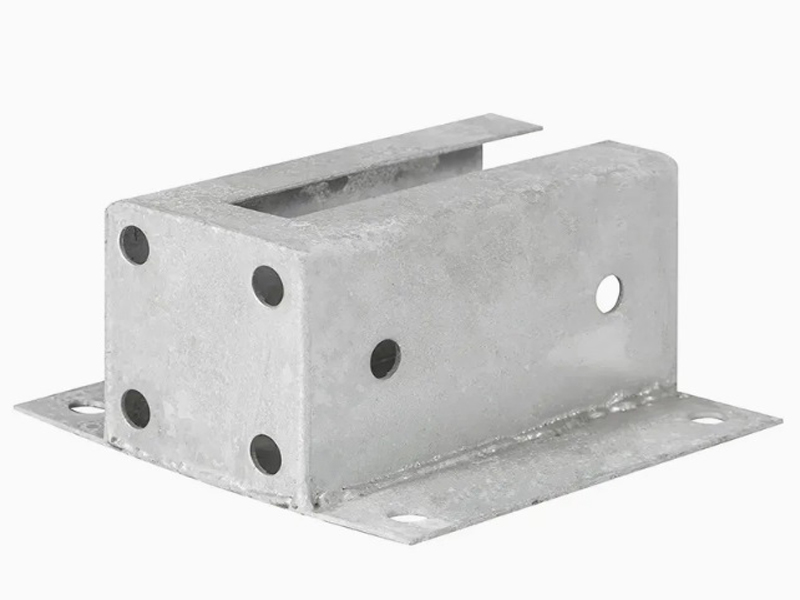
Machining Process Analysis of Carbon Steel Fixed Anchor Plates
- Process : Machining - CNC milling or milling machining
- Material : Carbon steel
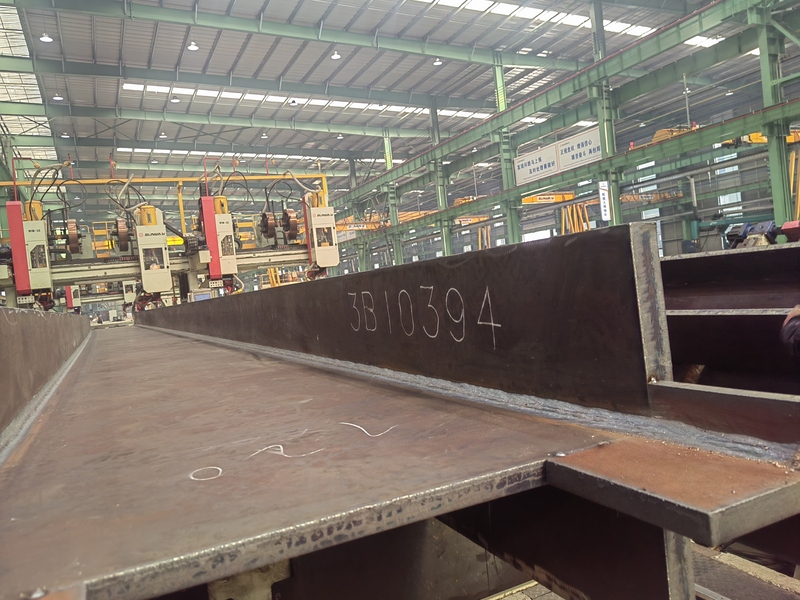
Custom Fabrication of S355JR Welded H-Beams for Construction Projects
- Process : Sheet metal - Welding
- Material : Carbon steel
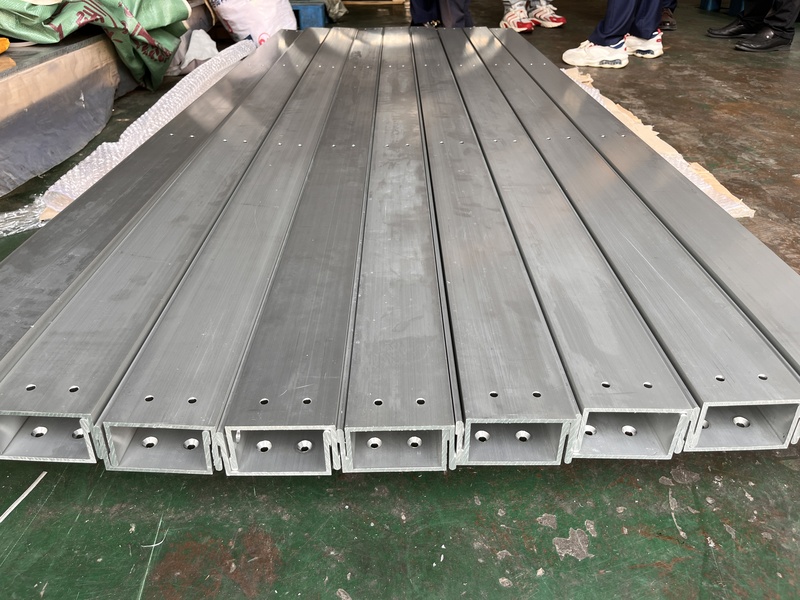
Precision Machining of U-Steel Profiles for Building Applications
- Process : Stamping - General stamping
- Material : Aluminum
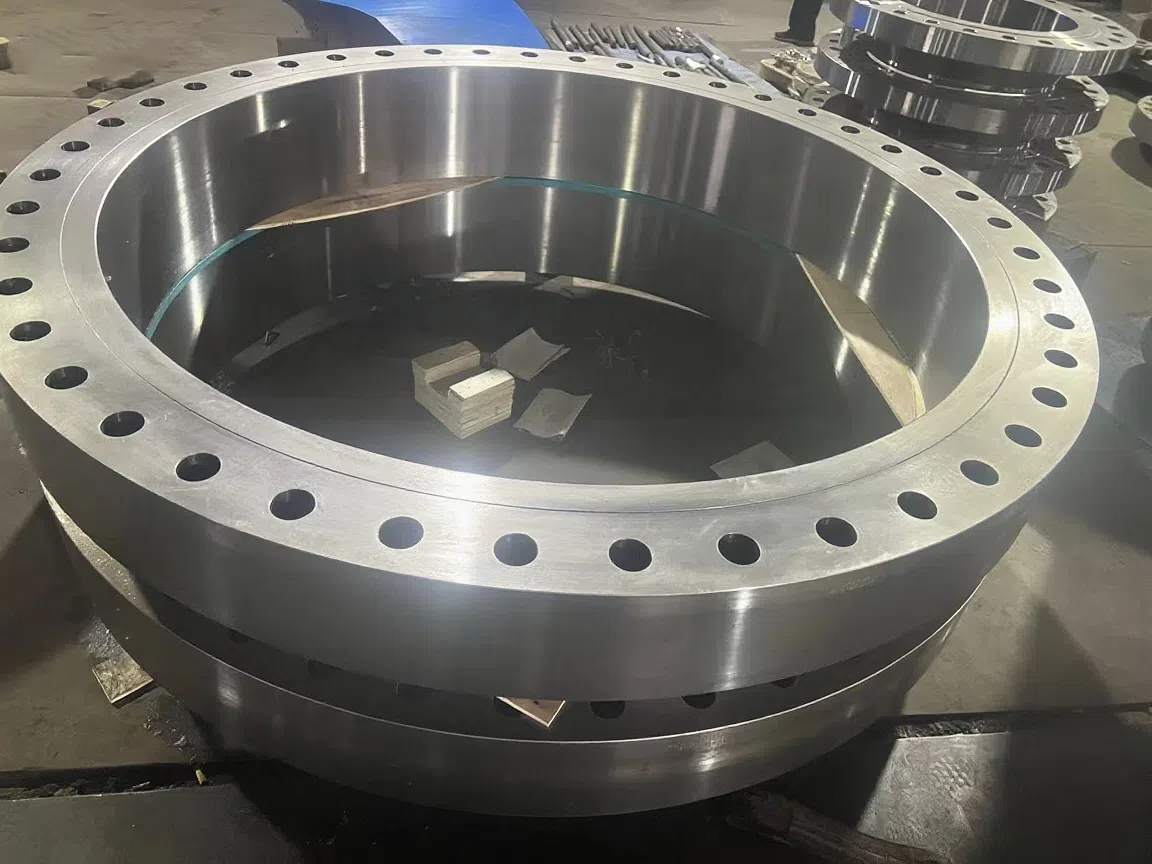
Heavy-Walled Flange Milling-Turning Machining and Flaw Detection
- Process : Machining - Turning Milling compound
- Material : Alloy steel
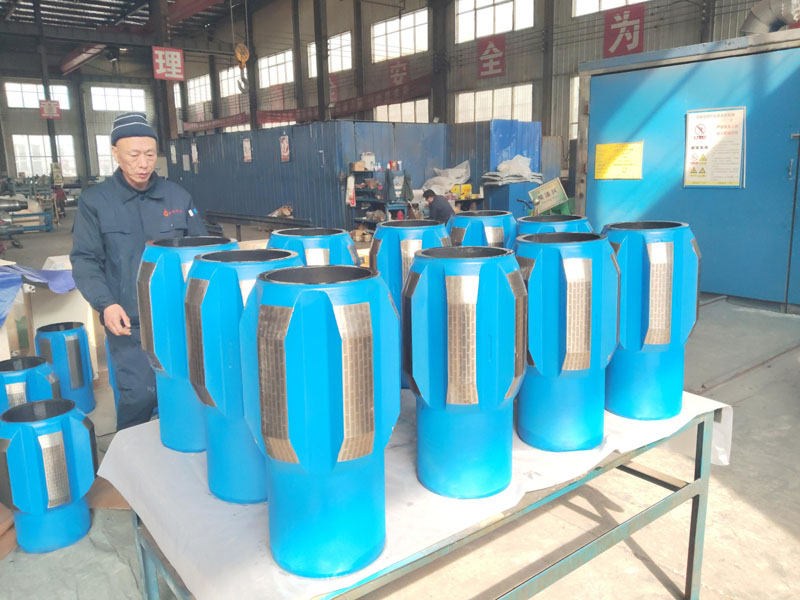
Drill Stabilizers Applied in Oil Drilling Platforms
- Process : Machining - Five-axis machining
- Material : Alloy steel
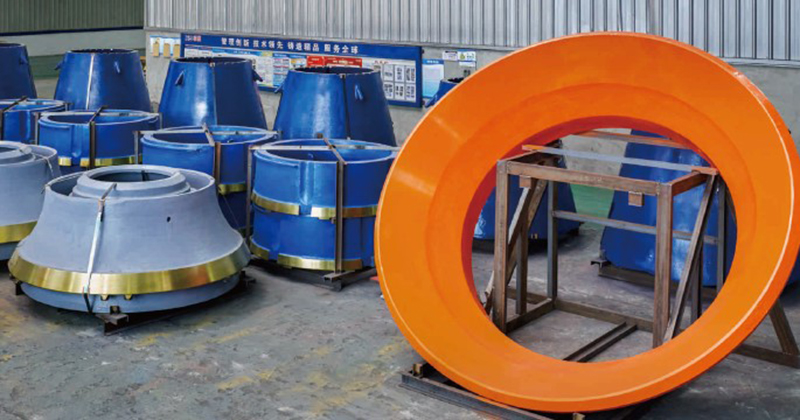
Cone Crusher Mantle
- Process : -
- Material :
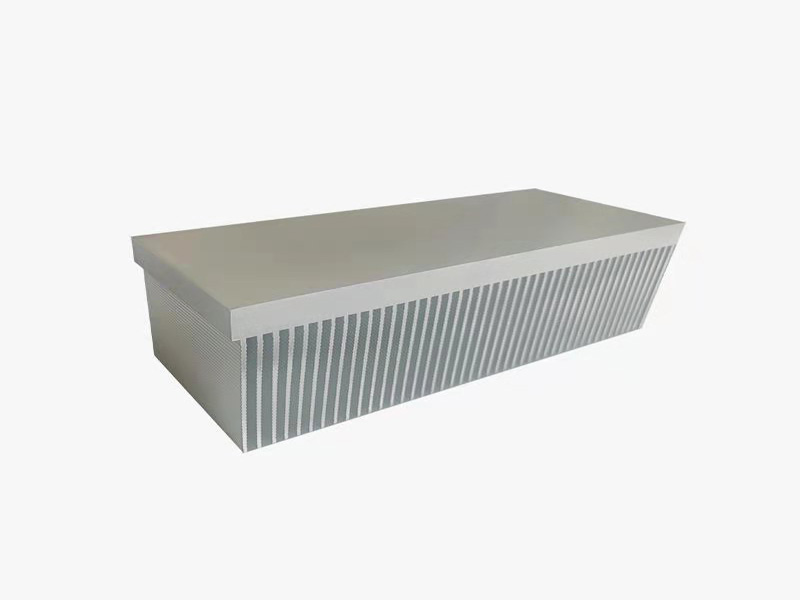
Innovative skiving technology: Breaking through the bottleneck of high-density heat dissipation technology
- Process : Surface treatment - Others
- Material : Alloy steel
More products
More
What are the machining processes used for processing axial fan housings
- Process : Sheet metal - Welding
- Material : Carbon steel

Machining Process Analysis of Carbon Steel Fixed Anchor Plates
- Process : Machining - CNC milling or milling machining
- Material : Carbon steel

Custom Fabrication of S355JR Welded H-Beams for Construction Projects
- Process : Sheet metal - Welding
- Material : Carbon steel

Precision Machining of U-Steel Profiles for Building Applications
- Process : Stamping - General stamping
- Material : Aluminum

Heavy-Walled Flange Milling-Turning Machining and Flaw Detection
- Process : Machining - Turning Milling compound
- Material : Alloy steel

Drill Stabilizers Applied in Oil Drilling Platforms
- Process : Machining - Five-axis machining
- Material : Alloy steel

Cone Crusher Mantle
- Process : -
- Material :

Innovative skiving technology: Breaking through the bottleneck of high-density heat dissipation technology
- Process : Surface treatment - Others
- Material : Alloy steel